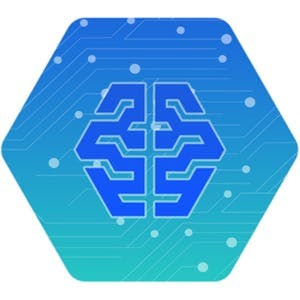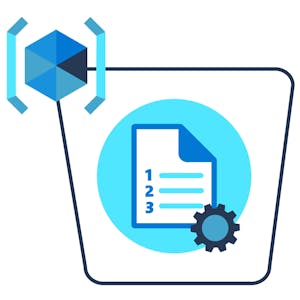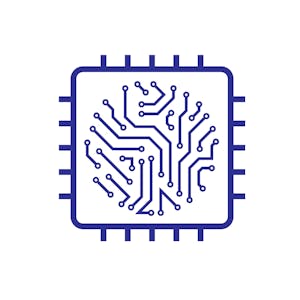Getting started with TensorFlow 2
About this Course
Welcome to this course on Getting started with TensorFlow 2! In this course you will learn a complete end-to-end workflow for developing deep learning models with Tensorflow, from building, training, evaluating and predicting with models using the Sequential API, validating your models and including regularisation, implementing callbacks, and saving and loading models. You will put concepts that you learn about into practice straight away in practical, hands-on coding tutorials, which you will be guided through by a graduate teaching assistant. In addition there is a series of automatically graded programming assignments for you to consolidate your skills. At the end of the course, you will bring many of the concepts together in a Capstone Project, where you will develop an image classifier deep learning model from scratch. Tensorflow is an open source machine library, and is one of the most widely used frameworks for deep learning. The release of Tensorflow 2 marks a step change in the product development, with a central focus on ease of use for all users, from beginner to advanced level. This course is intended for both users who are completely new to Tensorflow, as well as users with experience in Tensorflow 1.x. The prerequisite knowledge required in order to be successful in this course is proficiency in the python programming language, (this course uses python 3), knowledge of general machine learning concepts (such as overfitting/underfitting, supervised learning tasks, validation, regularisation and model selection), and a working knowledge of the field of deep learning, including typical model architectures (MLP/feedforward and convolutional neural networks), activation functions, output layers, and optimisation.Created by: Imperial College London

Related Online Courses
This course explores the analysis and design of engineering structures considering factors of deflection, buckling, combined loading, & failure theories... more
The two key components of any data pipeline are data lakes and warehouses. This course highlights use-cases for each type of storage and dives into the available data lake and warehouse solutions... more
Karate is an open-source framework for API Test automation that uses BDD style syntax, has a rich assertion library, built-in HTML reports. In this 2-hour long project-based course, you will learn... more
In this course, you will learn how to work with the Azure command line and web portal to create, manage, and control cloud-based resources. You will look at all three approaches to deploying cloud... more
This course is aimed at anyone interested in applying machine learning techniques to scientific problems. In this course, we\'ll learn about the complete machine learning pipeline, from reading in,... more








